One of the common complaints about dry pasta is that it lacks depth of flavor. This is why, once cooked, it often pairs best with bold and complexly flavored sauces.
But there is a new (or not-so-new, as you'll soon see) trend towards toasting pasta that adds a wonderfully nutty flavor to boring old dried pasta—if you have the time and patience to make it.

Dried pasta. Ho-hum.
While several different approaches to making toasted—or roasted, as it is sometimes called—pasta exist based on the type of pasta, for the purposes of this article we will be focusing on toasting spaghetti.
Various Approaches to Toasted Pasta
Food52 suggests toasting the pasta in the oven at 350°F for 15 minutes or so. The golden brown spaghetti is then cooled and placed in a bag with water and refrigerated, essentially rehydrating it and giving it more of a fresh pasta texture (while maintaining its novel taste).

Rehydrated pasta just might be your bag, baby.
Ideas in Food uses a similar approach, but Aki roasts the pasta for 20 minutes then rehydrates it in a dish of water at room temperature for a couple of hours. This is essentially a riff on the one-minute cooking method for pasta since, again, it is allowing the pasta to absorb water and morph into a consistency more like fresh pasta.

Soaking the pasta allows it to absorb water and be more like fresh pasta.
Toasted Pasta with Garlic & Parsley
I wanted to make a recipe that required a little less patience and a lot more instant gratification in order to sample the flavor of toasted pasta myself. So I decided on making the roasted pasta recipe featured by the Denver Post, courtesy of Commonsense Cooking by Tom Hudgens.
And let's be honest: pairing the flavors of garlic, Parmesan, and parsley together could never be wrong!
Oil the Pasta
I evenly distributed one pound of "thick spaghetti" on a rimmed baking sheet, then tossed it with a tablespoon of olive oil.

Pasta in the pan. Notice the sheen from the oil.
Toasting the Pasta
The pasta went into a 300°F oven for 15 minutes. (Several of the recipes/methods I found suggested that the roasting/toasting process could take as long as 20 minutes, but my pasta was almost too well-done at 15 minutes.)
It came out a lovely light brown—and filled my kitchen with a warm, toasty smell.

Fifteen minutes was enough to toast the pasta.
Boil the Toasted Pasta
While the pasta was roasting, I boiled a large pot of water. When the pasta came out, I heavily salted the water and added the pasta to it.

Why can't someone invent a pot that fits spaghetti?!
Sadly, you can see for yourself that the age-old problem of 'noodles that are too long for the pot' was not solved by this particular hack. Not that I expected it to, of course.
Save That Pasta Water!
The Denver Post had admonished that the cooking process would take much longer with the toasted pasta, but I found that the 11 minutes recommended on the package of pasta was perfectly adequate to produce a nearly al dente consistency.
As per their recommendation (and the recommendation of pasta experts everywhere), I reserved some of the pasta water to make the sauce.

Notice the golden color of the pasta water.
Drain the Pasta
I drained the pasta, noting that it had none of the sticking together issues that dried pasta normally has at this stage.

The toasted pasta retains its color, even after boiling.
Prep Your Sauce Ingredients
Freshly-chopped parsley, garlic, butter, more olive oil, freshly-grated Parmesan… yum.
The ratio in the recipe I referenced earlier is 4-6 minced cloves per 2 tablespoons of unsalted butter, with ½ cup of chopped parsley and shaved Parmesan each. However, feel free to play fast and loose with this amount according to your taste preferences.

Simple ingredients make a perfect sauce for toasted pasta.
Once you've drained your pasta, simply return the pasta to the pot, add around ½ cup of pasta water, then throw the rest of your ingredients in and mix vigorously.
Mix & Mangia!
Right before serving, top the pasta with a bit more shaved Parmesan and some black pepper. Voilà!

With a simple protein, this would be the perfect side dish.
I have to say that the pasta did have a lovely, nutty flavor that was not overwhelmed by the garlic and parsley; it also didn't have the gummy texture that some commenters on the aforementioned articles complained about.
In short: I'm a fan.
What a Crazy New Fad! Well... About That...
Roasted pasta isn't really a new thing at all, it turns out.
The Art and Mystery of Food shares that fideos, a toasted Spanish pasta dish that is a cousin of their more well-known paella, has been around for centuries. And this dish, often made with vegetables and/or seafood, has variations in France (fides), in parts of Italy (fidelanza), and even in the Sephardic Jewish tradition (fidellos tostados).

Fideos con langosta or Fideos with Lobster is a Spanish treat made with toasted pasta.
But that doesn't take away from how fantastic it is, of course. It just goes to show you how fun (and delicious) it is to rediscover different ways of enjoying food.
So the next time you're looking for a way to punch up your pasta game, try roasting or toasting your pasta. With a simple sauce, this variation can pack a lot of flavor for very little labor on your part—except the effort you'll have to put forth thanking everyone for the compliments they heap on your brilliant new approach to preparing pasta.
- Follow Food Hacks Daily on Facebook, Twitter, and Instagram
- Follow WonderHowTo on Facebook, Twitter, and Google+






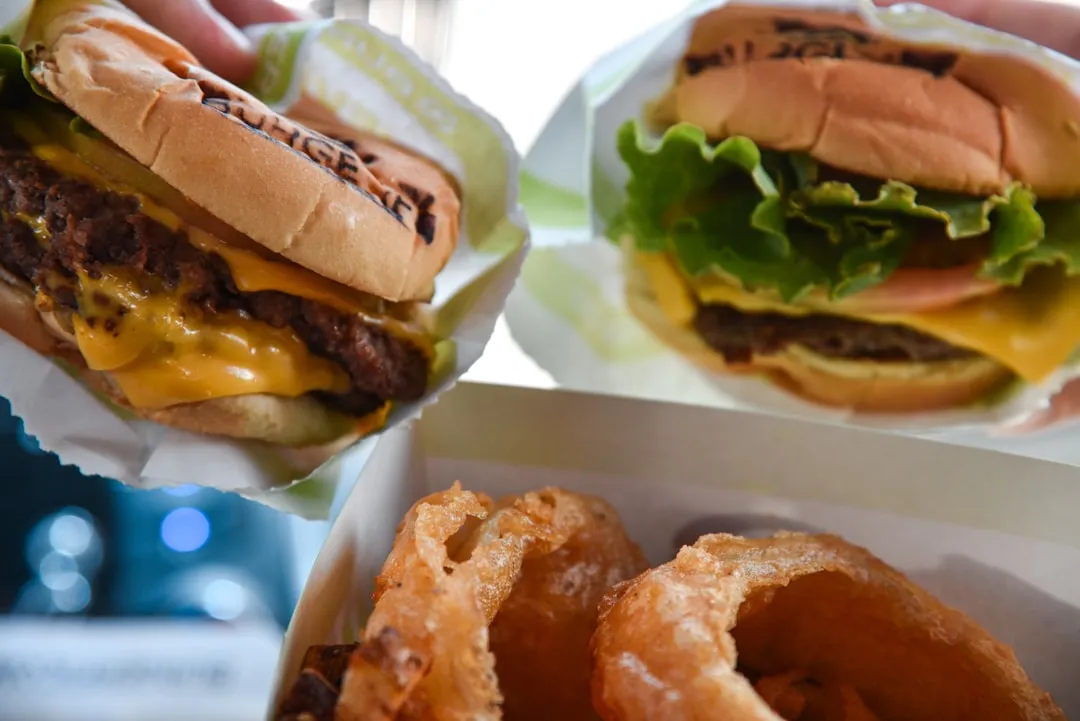

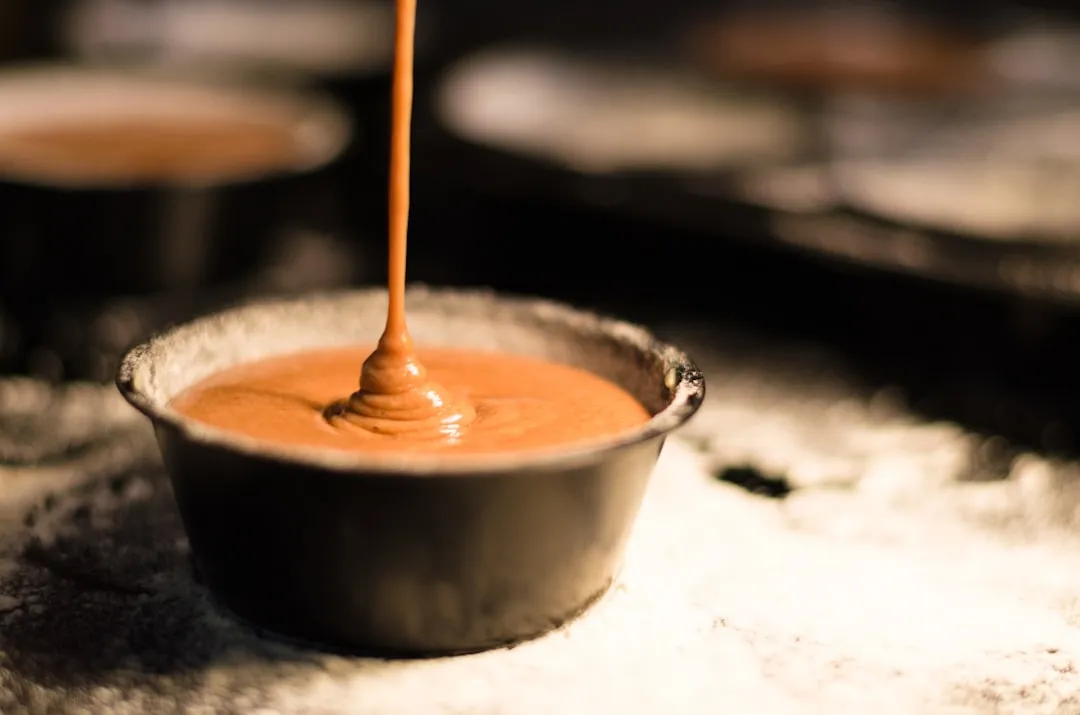

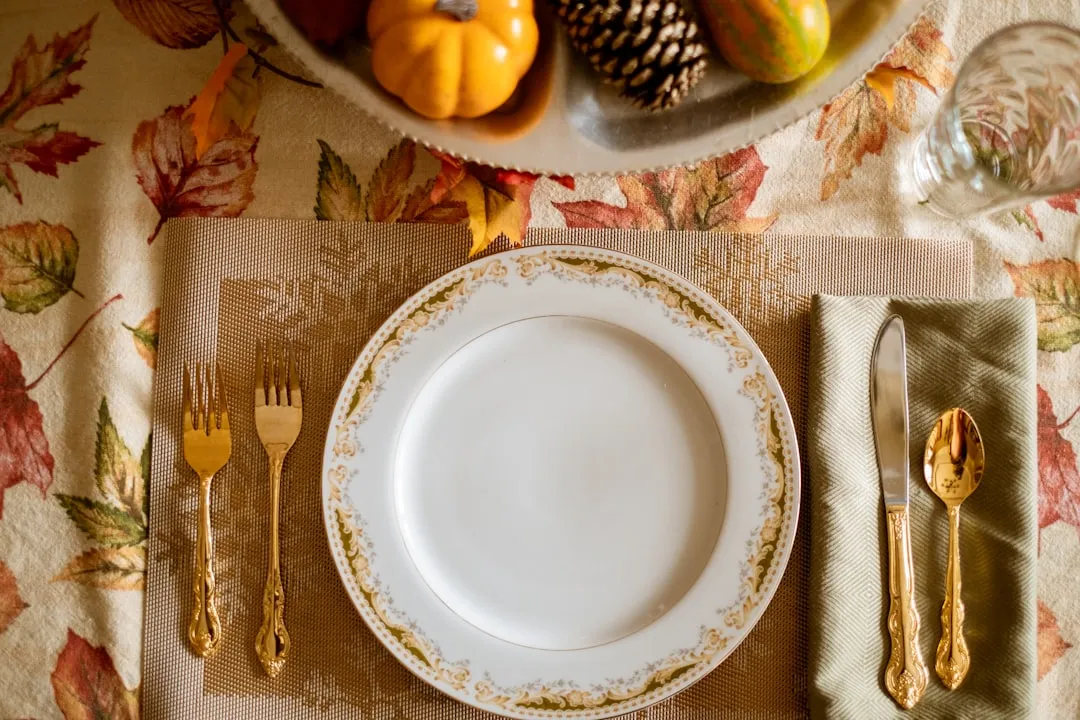


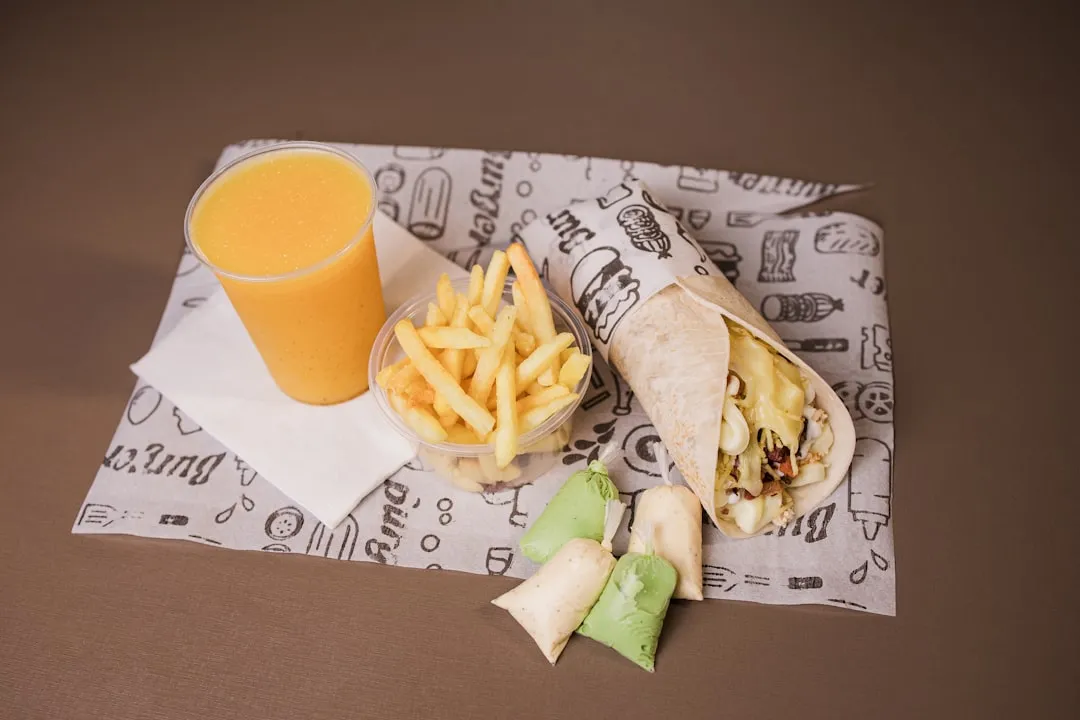

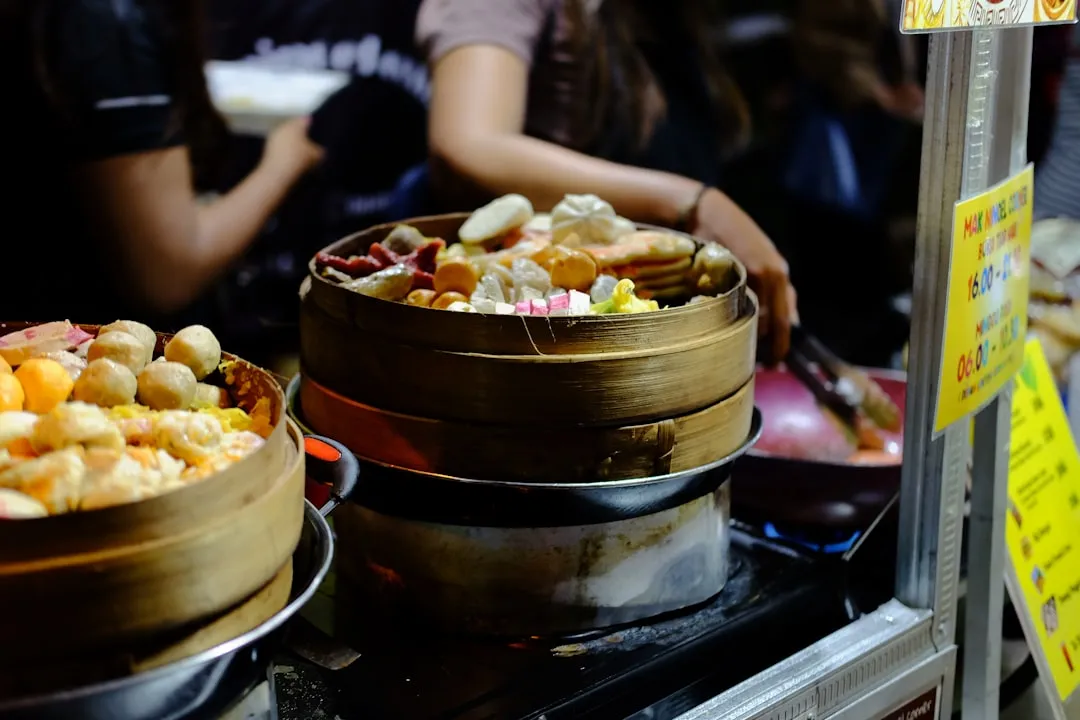



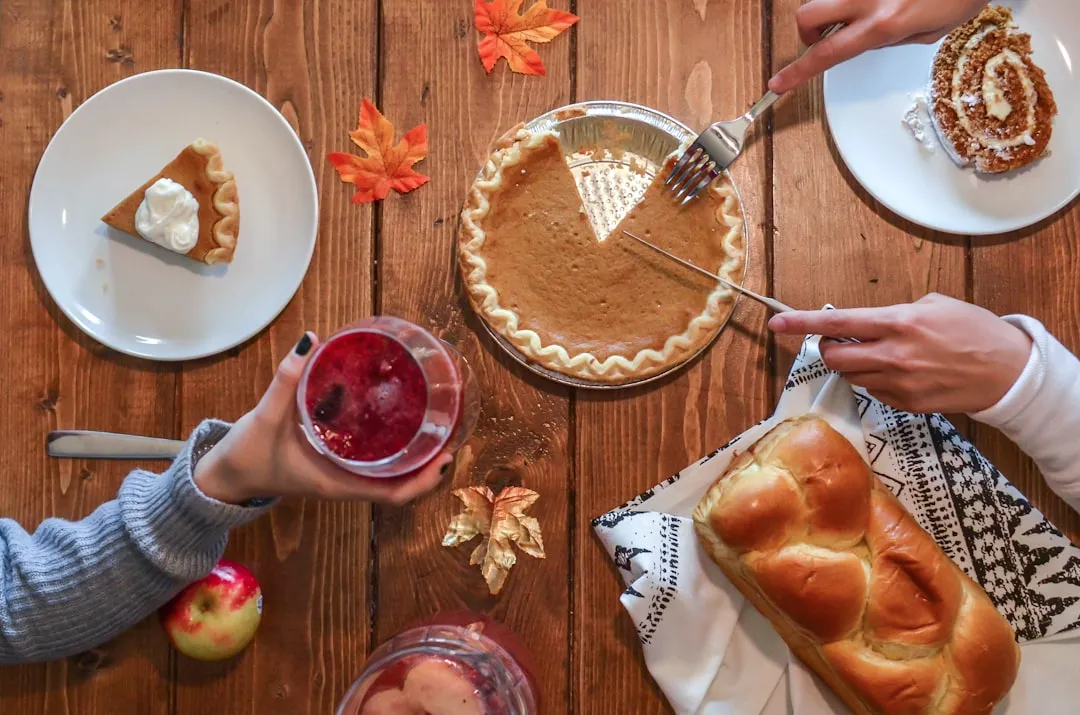
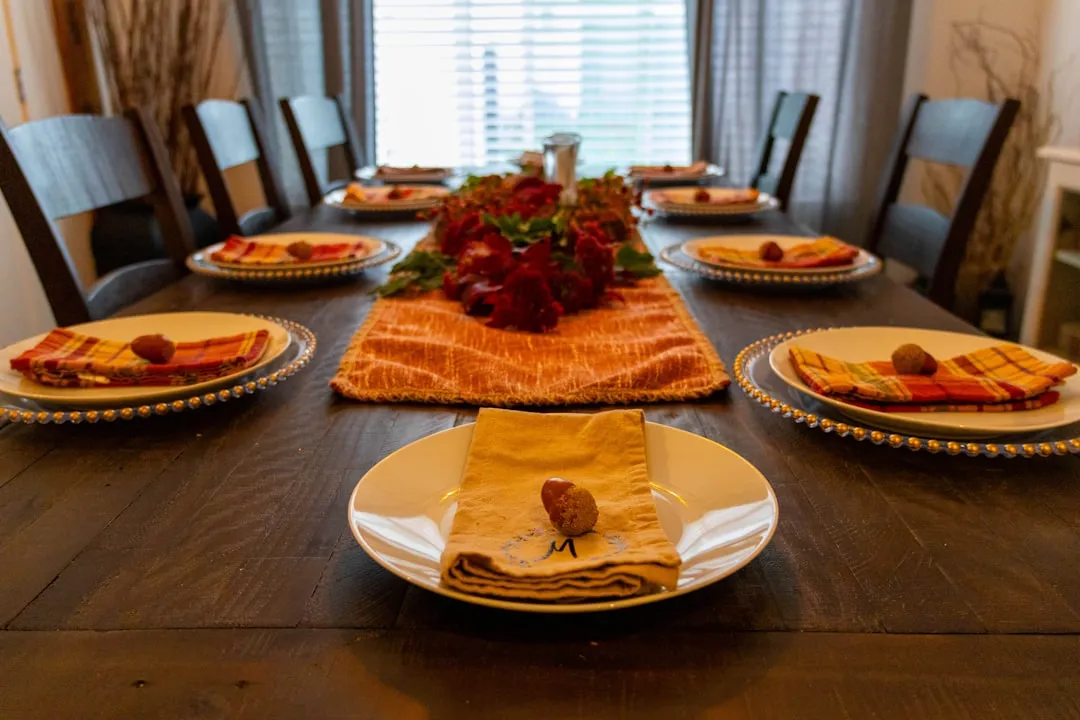



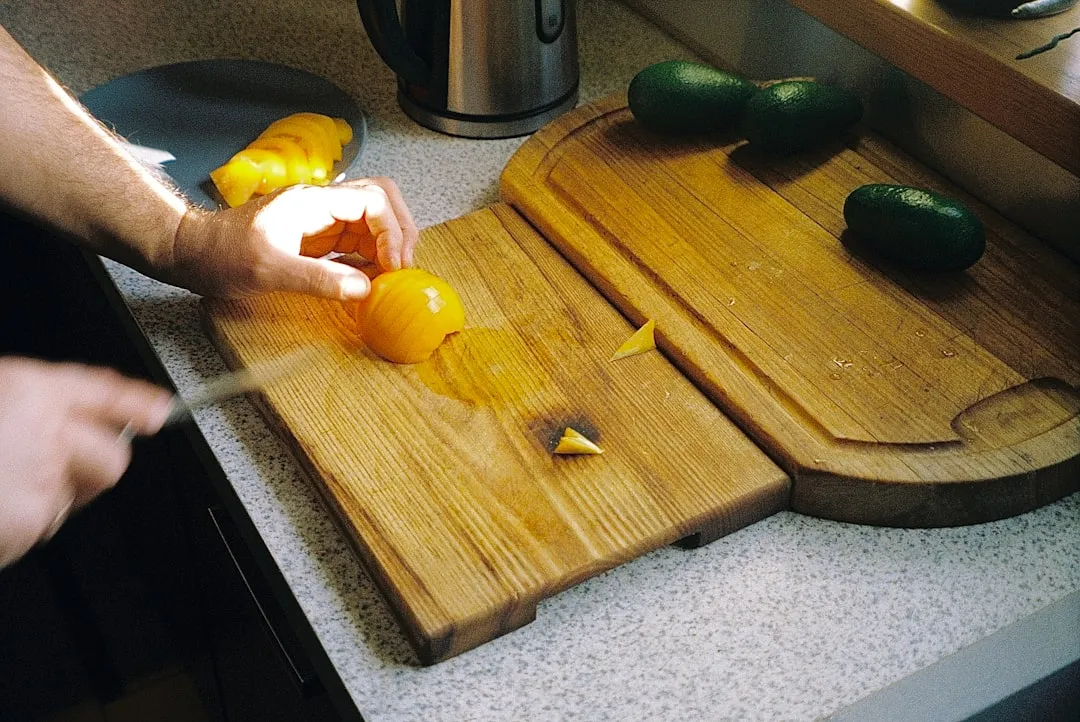
Comments
Be the first, drop a comment!